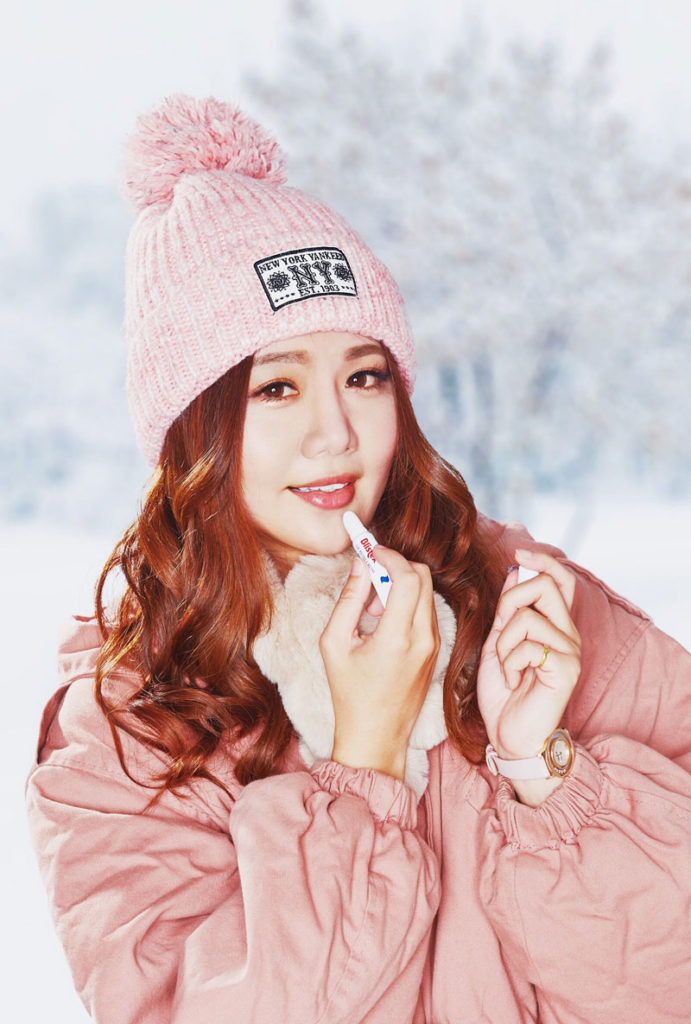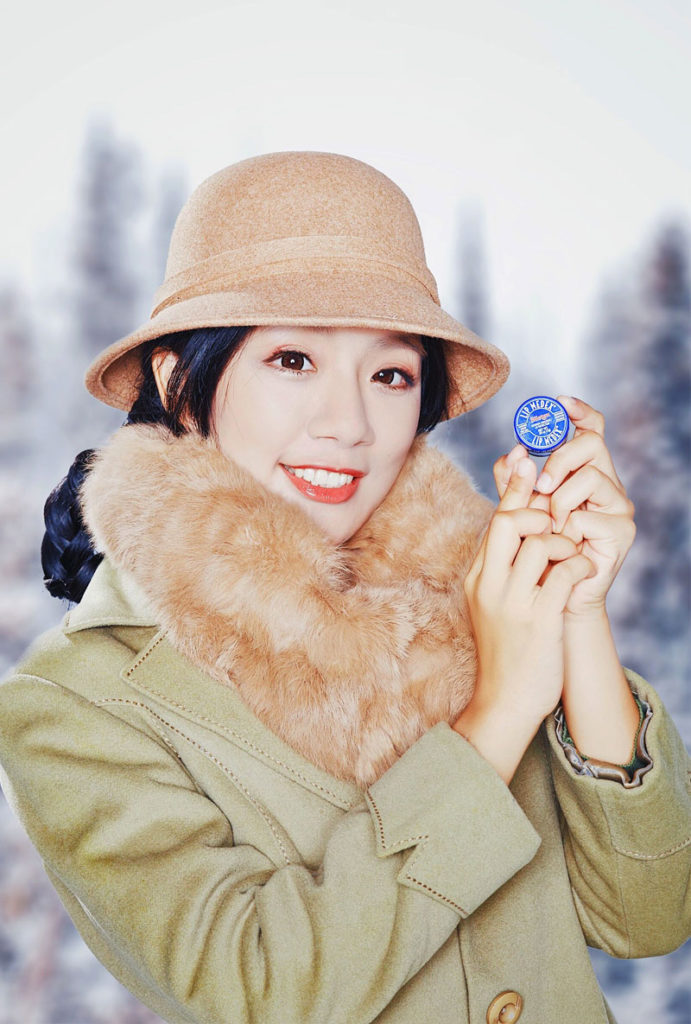Cold sores (also referred to as fever blisters) are a group of blisters that develop around the mouth and are typically caused by the Herpes Simplex 1 Virus (HSV-1). You can contract this virus by skin to skin contact or by sharing items that have been in contact with an affected area of skin. More than half the adult population have HSV-1 and usually contract the virus before the age of 10. Once contracted, HSV-1 remains in the body permanently. However, this does not mean a person will suffer from repeated cold sore outbreaks or even occasional events. The virus lies dormant in the body until triggered, which results in a cold sore. Cold sores start with a tingling, burning sensation to the affected area and typically develop into a blister or group of blisters within 48 hours of the initial symptoms. The fluid-filled blisters typically break within the first few days, while total healing usually takes 4-10 days.
What are cold sores?
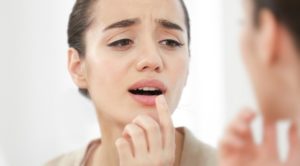
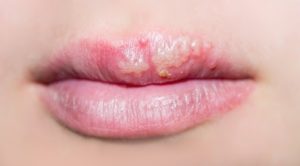
What causes cold sores and how can I prevent them?
There are many triggers for a cold sore outbreak including being sick, experiencing stress or fatigue and changes in climate. People tend to suffer more cold sores during the fall and winter when the weather changes or it gets very cold and dry.
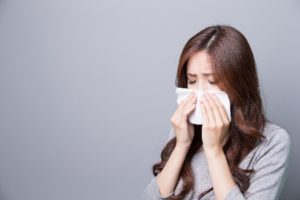


Exposure to excessive sunlight can also be a trigger of cold sores, which is why people commonly suffer outbreaks in the first few days of a beach vacation or practicing winter sports on a sunny day.

According to Dr. Charles Zugerman, associate professor of clinical dermatology at Northwestern University Medical School, stress is another one of the primary triggers of cold sore outbreaks. “When stress, or any other factor compromises a person’s immune system, the virus travels from the nerve roots up to the skin area, causing lesions to form,” says Zugerman.

Taking steps to reduce personal stress levels is a good way to decrease the likelihood of cold sore development. A stress-relieving program can include exercise, massage, yoga, meditation, aromatherapy or anything that is personally relaxing.
Other triggers for cold sores include emotional distress and the start of menstruation or intestinal problems. From time to time, cold sores have no obvious cause at all. Eliminating all of the sources that can contribute to the onset of cold sores is impossible, but sufferers can prepare their lips to be more resistant to these outbreaks.
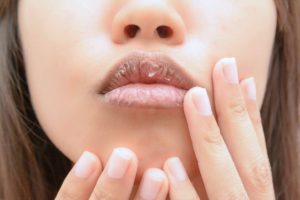
Taking the steps to insure lip health is fundamental to help prevent the onset of a cold sore outbreak. “Lips that are very dry can crack, causing fissures that can easily become infected with viruses such as herpes simplex or with bacteria,” says Zugerman. “Proper conditioning keeps lips from cracking and shields lips from the sun’s propensity to trigger cold sores.”

Blistex recommends using conditioning and moisturizing products such as Blistex Sensitive or Mint Lip Balm to ensure that your lips are more resistant to cold sore outbreaks.
How to treat cold sores?
The arrival of a cold sore is always unwelcome, but an alert sufferer can sometimes detect the early signs such as tingling, itching and burning on the area where the cold sores appear. As soon as these signs are detected, Blistex recommends massaging a healing lip care product, such as Blistex Lip Medex or Lip Relief Cream, gently into the affected area up to four times daily. The penetrating ingredients provide quick, effective relief from mild pain and irritation and their moisturizing properties soften the area to help prevent cracking.
Finally, during a cold sore outbreak, sufferers should avoid exposure to sun and wind, and should not aggravate the affected area by touching it. If cold sores become frequent or severe, a physician should be consulted.
